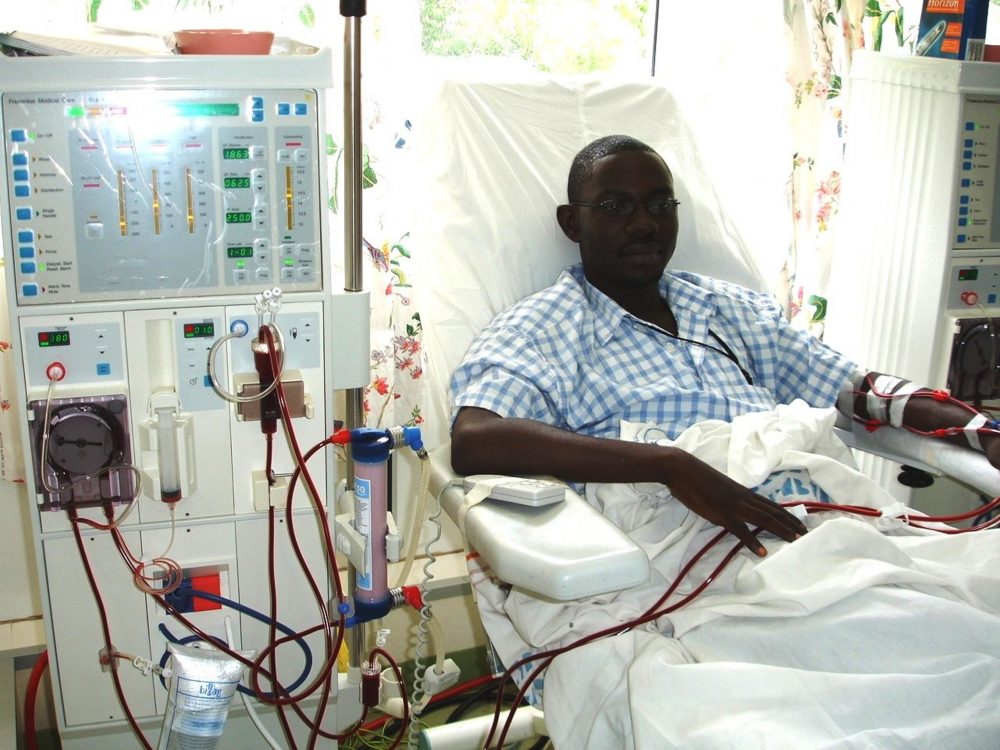Chronic Kidney Diseases (CKD)
Chronic kidney disease (CKD), also called chronic kidney failure, describes the gradual loss of kidney function. The kidneys filter waste and excess fluids from the blood, which is then excreted in the urine. When chronic kidney disease reaches an advanced stage, dangerous levels of fluid, electrolytes and wastes can build up in the body.
Symptoms of CKD
There are usually no symptoms of kidney disease in the early stages. It may only be picked up if blood or urine tests carried out for another reason detect a possible problem with your kidneys.
When it reaches a more advanced stage, symptoms can include:
- tiredness
- swollen ankles, feet or hands
- shortness of breath
- feeling sick
- blood in your urine
See your doctor if you have persistent or worrying symptoms that you think could be caused by kidney disease.
Causes of CKD
Kidney disease is usually caused by other conditions that put a strain on the kidneys. Often it’s the result of a combination of different problems.
CKD can be caused by:
- high blood pressure – over time, this can put strain on the small blood vessels in the kidneys and stop the kidneys working properly
- diabetes – too much glucose in your blood can damage the tiny filters in the kidneys
- high cholesterol – this can cause a build-up of fatty deposits in the blood vessels supplying your kidneys, which can make it harder for them to work properly
- kidney infections
- glomerulonephritis – kidney inflammation
- polycystic kidney disease – an inherited condition where growths called cysts develop in the kidneys
- blockages in the flow of urine – for example, from recurrent kidney stones or an enlarged prostate
- long-term, regular use of certain medicines – such as lithium and non-steroidal anti-inflammatory drugs (NSAIDs)
You can help prevent CKD by making healthy lifestyle changes and ensuring any underlying conditions you have are well controlled.
Treatments for CKD
There’s no cure for CKD, but treatment can help relieve the symptoms and stop it getting worse.
Your treatment will depend on how severe your kidney disease is.
The main treatments are:
- lifestyle changes to ensure you remain as healthy as possible
- medication to control associated problems such as high blood pressure and high cholesterol
- dialysis – treatment to replicate some of the kidney’s functions; this may be necessary in advanced CKD
- kidney transplant – this may also be necessary in advanced CKD
You’ll also be advised to have regular check-ups to monitor your condition.


